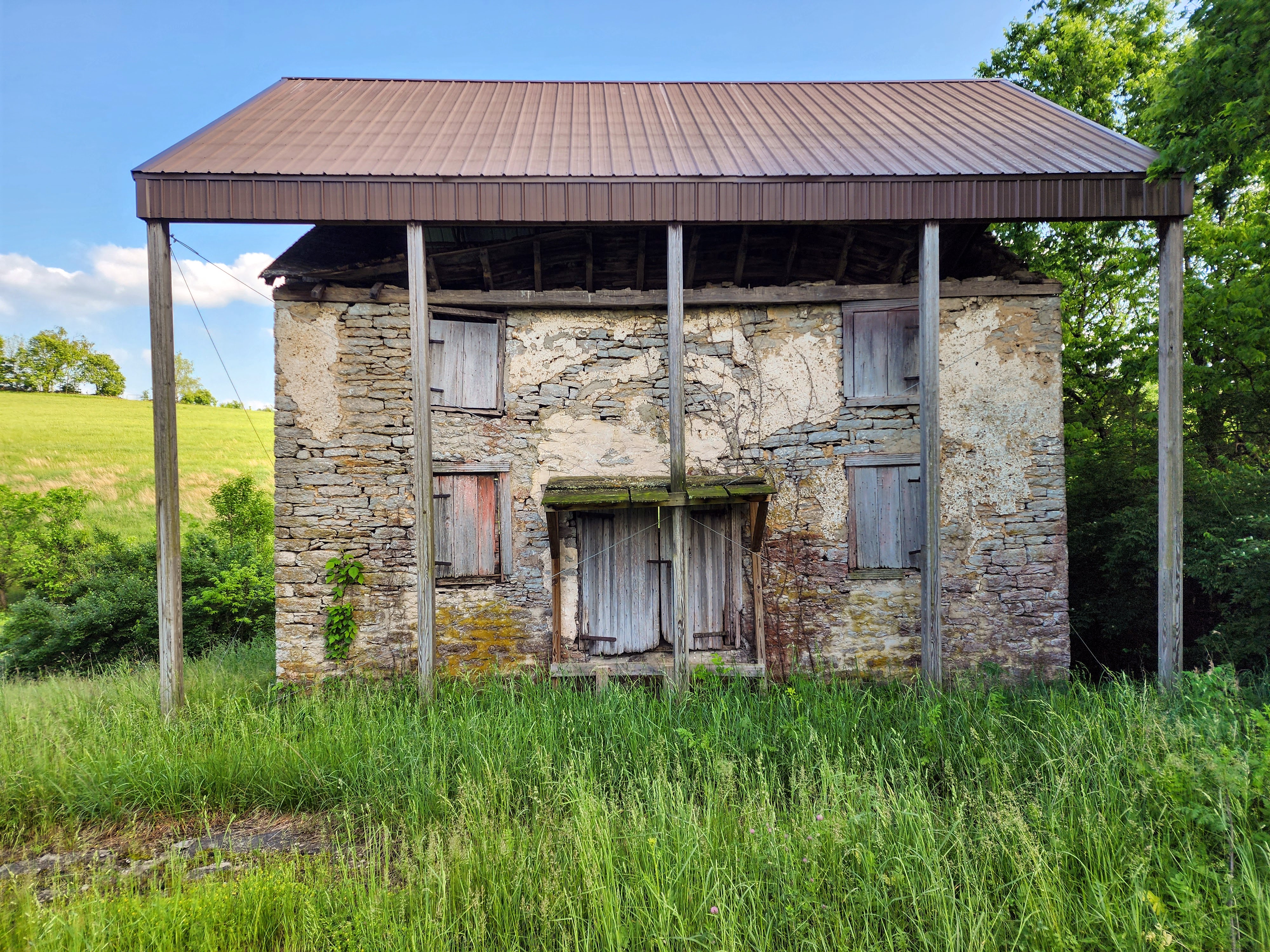About
Funded with a planning grant from the Council for Christian Colleges and Universities, Funding Mission Schools is an exploratory digital history project focused on the financial, relational, and political dimensions of Christian missions to Native Americans. Serving as a proof of concept, the project focuses on the decade from 1820 to 1830, the first decade that Christian missions received federal funding for their educational work among Native Americans. Financial and biographical data from this period was collected in late 2023. The project team then gathered to clean and analyze the project data. This digital report presents a few exploratory findings from this data. It is the hope of this project team, that these findings may contribute to a better understanding of the political and religious dimensions of the encounter between indigenous peoples and colonial settlers.
Methods
Over the course of 2023 and 2024, the project team collected, analyzed, and published data on from several sources related to missionary schools for/to Native Americans. This process took place in two general phases.
Phase 1: Planning and Data Collection
In the winter of 2023, the project team gathered at LeTourneau University to set the agenda for the project, establish a working data model, and to begin the process of data collection. It was decided that geographic, relational, and financial data on these missions would be collected. Data was collected from two major sources:
-
Annual Reports, from “Letters Received by the Offices of Indian Affairs” (esp. Microcopy No. 234 & 271) - These microcopies provided yearly tabular data on personnel and student numbers, as well as income and expenditures. As discussed in the limitations section of this report, reporting from year to year was inconsistent.
-
The Missionary Herald (1820-1840) - A regular publication of the American Board of Commissioners for Foreign Missions (ABCFM), these sources provided reports, portions of letters, and overviews of personnel at specific missions. This data was largely used to collect personnel data on who was present at each institution.
Over the course of three days, the project team collected data on 17 missionary organizations, 62 individual missions/schools, 421 people, and 1335 person-to-mission relationships. Eventually, this data was interpolated to provide 7153 person-to-person relationships based upon marriages and co-location at the same mission/school during the same year. This data extends across the entirety of the decade and includes financial and geographic properties.
Noting the federal reporting bias of our data, a student was employed to collect additional financial data from ABCFM Annual Reports for the years 1820 to 1830. This data provided a supplemental case study which broke down individual station income according to funding sources.
Phase 2: Analysis and Publication
The project team reconvened in the spring of 2024 at Asbury University to perform analysis of the data and to publish their findings. Data was cleaned and verified through systematic cross-checking. Following data cleaning, Power BI was utilized to construct interactive data visualizations to assist in the analysis and publication of the data.
The project team then chose to publish the data via a GitHub Repository and to publish interpretive findings utilizing a combination of GitHub Pages, which also enabled the embedding of Power BI visualizations.
 Two project team members paid a visit to Choctaw Academy, located in Scott County, Kentucky, within driving distance of our Phase 2 host, Asbury University
Two project team members paid a visit to Choctaw Academy, located in Scott County, Kentucky, within driving distance of our Phase 2 host, Asbury University
Project Team
Thomas Whittaker, Ph.D. is Assistant Professor of History at LeTourneau University. His research looks at the emergence of a culture of missions in the early American republic. He is interested in the history of evangelicalism and the Reformed tradition from the Reformation onwards, with a particular focus on the history of missions, transatlantic religious networks, and the origins of world Christianity in the eighteenth and nineteenth centuries.
Matthew Preston, Ph.D. is Assistant Professor of Computer Science at Anderson University. With industry experience as a computer programmer and data analyst, he has helped to develop software used by the United States Environmental Protection Agency and contributed to projects on water use and infrastructure in Moldova, Uganda, Zimbabwe, and the United States. His current historical research focuses on data visualization using Church of God (Anderson) archival materials.
Alex Mayfield, Ph.D. is Assistant Professor of History at Asbury University. His research utilizes digital methodologies which enable the reconstruction of historical networks and movements within global Christianity. He is also a Co-Investigator on the China Historical Christian Database, an international collaborative project which seeks to identify every Christian person, event, and institution in China between 1550 and 1950. His recent book, The Kaleidoscopic City, explores how changes in the structural and conceptual frameworks of foreign Pentecostals had a dramatic impact on the shape of Hong Kong Pentecostalism.
Joseph Wang, B.S. is currently pursuing his Master’s in Computer Science at the University of Southern California. He holds a Bachelors of Science in Computer Engineering from LeTourneau University.
Data
Data collection for this and subsequent periods is ongoing. However, the biographical, relational, and financial data which fueled the findings of this project are available for download on our GitHub Repository.
This data is released under the CC BY 4.0 License. As such it is free to use and adapt with proper attribution. Please use the following citation:
- Thomas Whittaker, Matthew Preston, Alex Mayfield, and Joseph Wang. “Funding Mission Schools: An Exploratory Online Report” (09 May 2024). Accessed 19 May 2024. https://www.fmsreport.com.